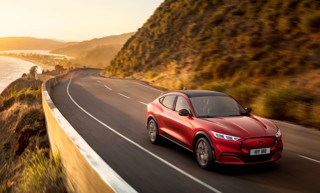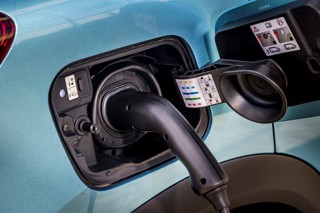Fleet operators have two weeks to respond to the Government’s consultation on the proposed CO2 emissions regulatory framework for all newly sold road vehicles in the UK.
A Green Paper, published alongside the transport decarbonisation plan in July, sets out two options which include developing the fuel efficiency and CO2 emissions regulations already in place, or using zero-emission vehicle (ZEV) sales targets alongside CO2 regulation.
The consultation also seeks to define the ‘significant zero emission capability’ that all new cars and vans that aren't purely electric will be required to deliver between 2030 and 2035.
It closes on September 22, 2021.
Since 2009, EU Regulations have established fleet-wide average CO2 emissions targets that must be met by the entirety of the EU, Norway and Iceland new car fleet.
Similar regulations were adopted for vans in 2011. Until the end of 2020, this included UK registered vehicles. From January 1, 2021, following the end of the EU transition period, vehicles registered for use in Great Britain (GB) became subject to domestic fleet-wide CO2 emissions targets that must be met by the entirety of the GB new car and new van fleet.
A ZEV mandate would establish sales percentage targets that must be met by manufacturers, requiring them to sell a certain proportion of pure EVs each year.
Manufacturers can earn credits for selling ZEVs, rather than the targets being monitored directly, so they can meet their target either by earning credits through the sale of ZEVs, or from buying excess credits from manufacturers that have overperformed against their own target.
The Government’s transport decarbonisation plan includes proposals to end the sale of new heavy vans and trucks powered by fossil fuels and electrifying the Government fleet.
Ministers are proposing a 2035 end date for the sale of new internal combustion engine (ICE) vehicles weighing from 3.5 to 26 tonnes and 2040 for vehicles weighing more than 26 tonnes.
It will also end the sale of new petrol and diesel cars and vans by 2030, with yet-to-be-defined hybrids banned from 2035.





















Login to comment
Comments
No comments have been made yet.